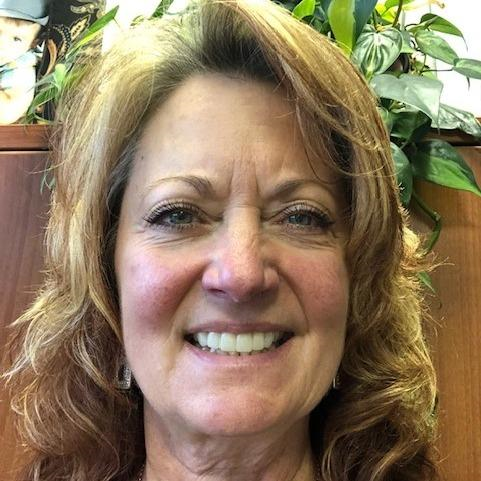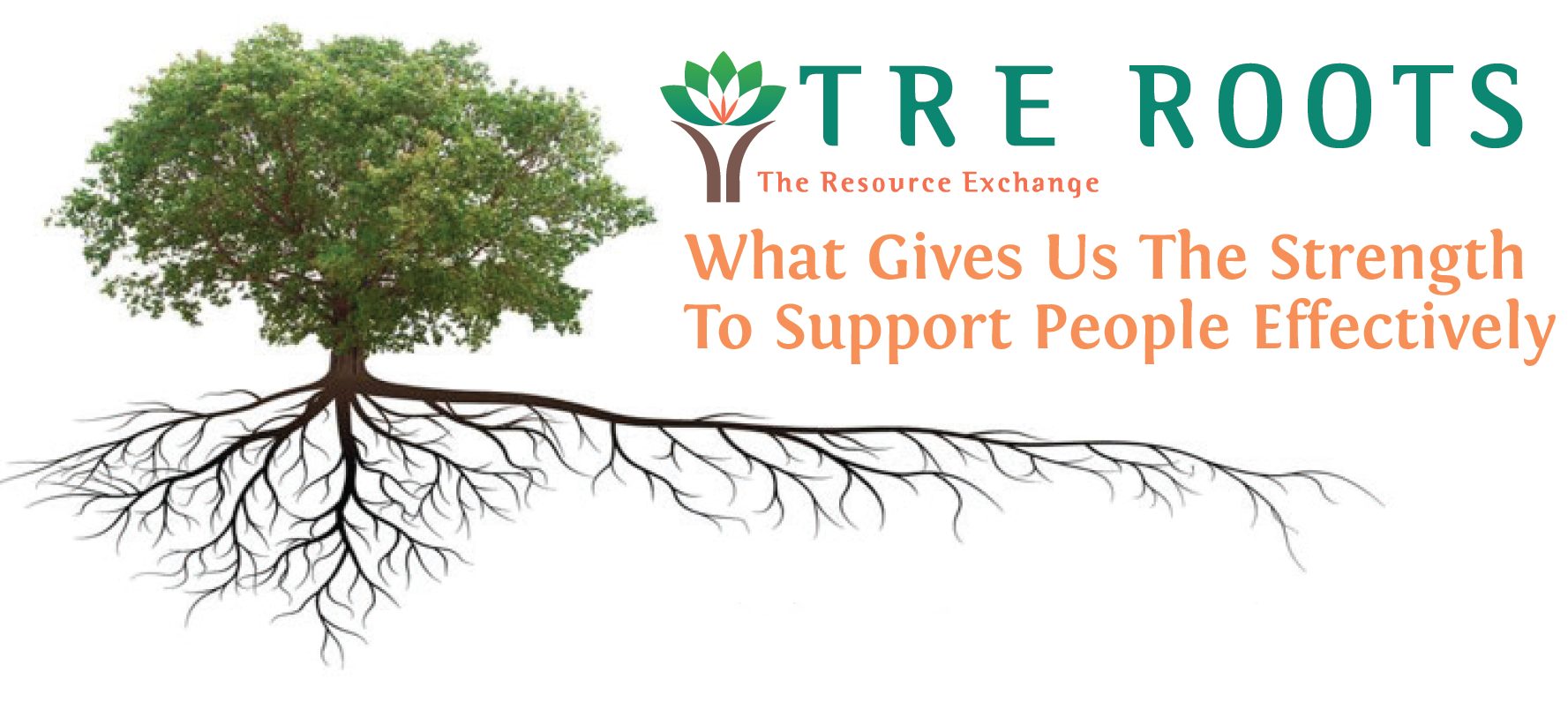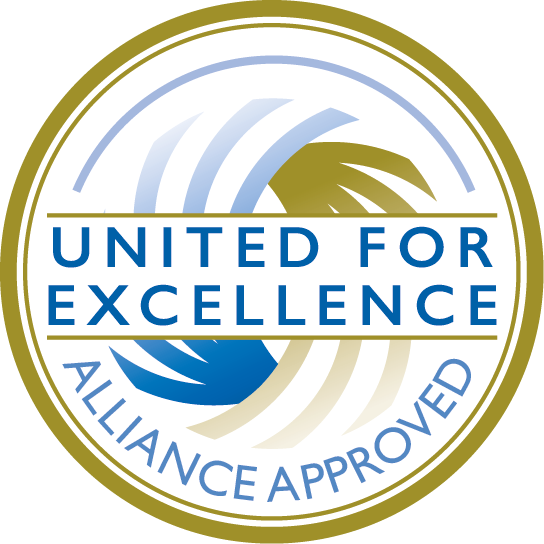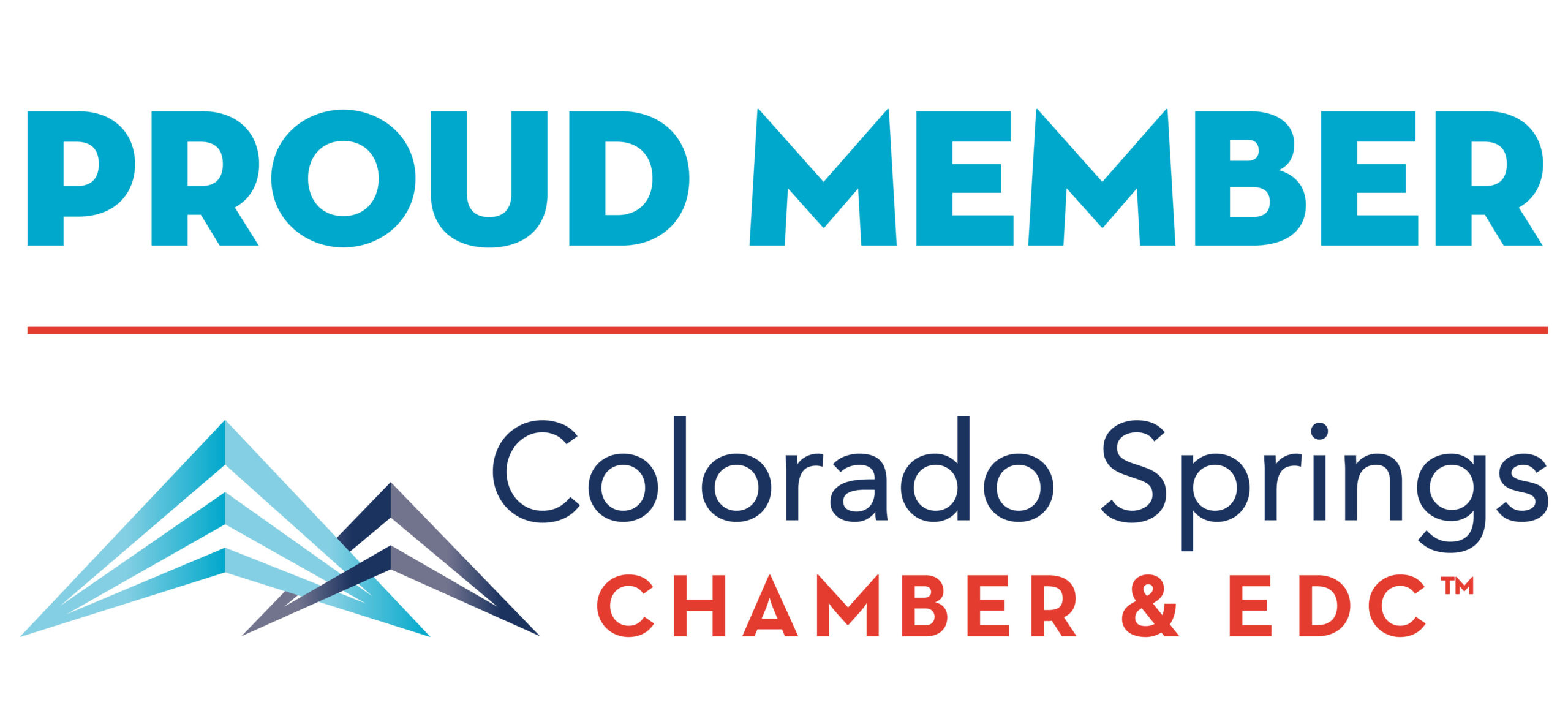

We are proud to share the next in our series of TRE’s cultural “roots”, guideposts that have been identified by TRE as critical to our work. Read more about this organizational effort at www.tre.org/blog-tre-roots/.

TRE Root #22: Get The Facts
One of my favorite quotes is by Anais Nin: “We don’t see things as they are; we see them as we are.”

Because we are shaped by our experiences and each of us has different experiences, we often see things very differently. This requires us to Get the Facts in order to balance our experiences and biases with information that can help us make better decisions and judgements.
Our past experiences give us a foundation for both hearing and interpreting information we receive, and we have a tendency to make assumptions about that information based on those experiences. Investing in getting the facts, reinforces for us that our experiences are limited and there is more to understand and know beyond the experiences we have had to date. This approach is key to our personal and professional growth.
I receive calls regularly from individuals we serve, community partners, or advocates expressing concerns regarding something TRE has or has not done that has led to someone not getting the services they need. My responsibility is to ensure that we are meeting the requirements under our contracts and supporting individuals’ access to services, so it is important that I understand the true problem and the possible solutions to resolve it. The story I receive from the caller is absolutely reality for the person telling the story to me, but I also recognize that there is likely more information that I need to obtain in order to truly understand the problem and identify a potential solution. That’s how I approach my interaction with those calls. I work to Get the Facts on the issue.
- What role did we play in the issue?
- What external factors influenced it?
- What other perspectives are there as to the cause or what really happened?
- It isn’t until I’ve taken the time to gather all of the facts that I can work to resolve the issue.
As we talked about last time with our Root Seek Knowledge, we have to be willing to admit that we do not know everything and that our assumptions can often be wrong. We need to be open to learning, pursuing the facts, and supporting one another to challenge our assumptions. Effective teams that support accountability, challenge assumptions within the team using the Roots Speak Straight and Listen Generously. They highlight facts vs. assumptions.
In a blog by Myroslava Domanitska, The art of understanding: The danger of assumptions, the author uses the term “art of understanding” to describe communication. I love this way of framing communication because it emphasizes the importance of understanding. It also demonstrates the importance of challenging our assumptions in order to understand. We challenge our assumptions by seeking to get the facts.
In our hybrid work environment, it is even more important to get the facts and challenge our assumptions. It is easy to read emotion or intent into an email or miss the body language of others when in a virtual meeting. If you find yourself assuming negative intent, it is important that you seek to get the facts before judging. Assume positive intent and ask clarifying questions to learn more facts in the situation.
As you go through your work, consider the following:
- Talk within your team about communication as “the art of understanding.” How can you respectfully challenge assumptions within your team and seek to get the facts to support your problem solving?
- Reflect personally on your life experiences that have shaped your views and assumptions. What are key areas for you to be aware and understand the need to get the facts to challenge your assumptions?
- Share your observation of others striving to Get the Facts.






Leave a Reply